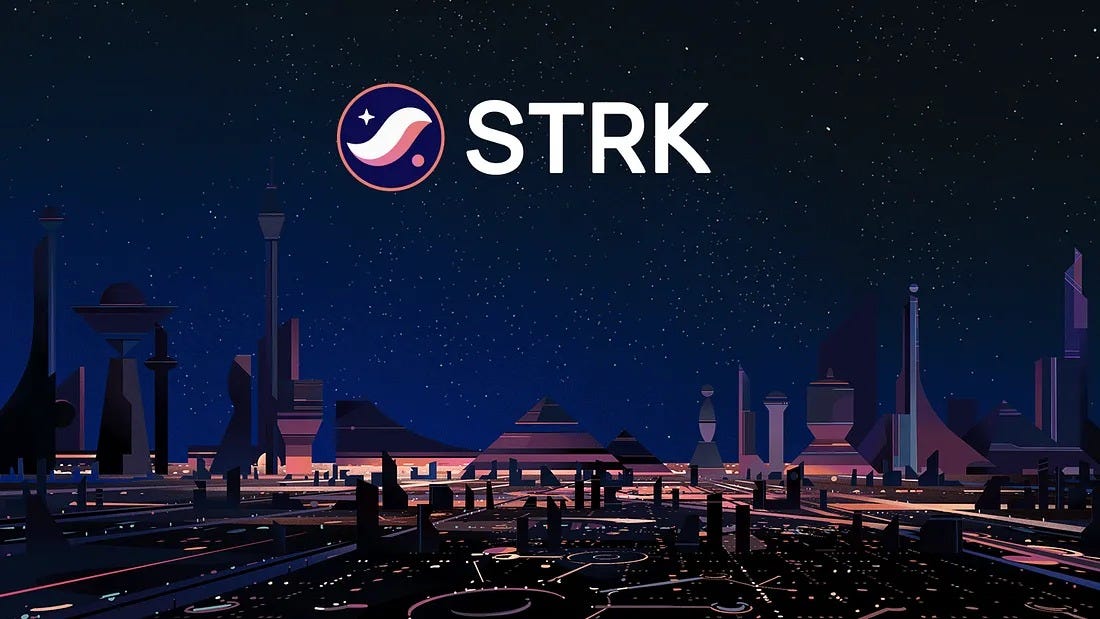StarkNet‘s native asset STRK experienced a significant drop on February 20th, shortly after its launch. The popular altcoin’s trading process began, and it disappointed many by losing more than half of its value soon after.
AirDrop Recipients Selling Heavily
STRK has seen a 55% decrease in the last 24 hours, reaching over $1.2 billion in trading volume, indicating that the altcoin is facing intense selling pressure. According to the data, most of the selling pressure came from the spot market. This suggests that recipients of the AirDrop are quickly liquidating the distributed STRK tokens.

As known, approximately 1.3 million wallet addresses received a total of 728 million STRK tokens through an AirDrop, based on predetermined criteria including participation in the Blockchain and community. However, the rapid sales indicate that many recipients preferred to dispose of their tokens as soon as possible. According to information shared by the team, as of February 20th, over 100,000 wallet addresses claimed more than 220 million STRK tokens.
StarkNet, known for its Ethereum rollup platform utilizing zero-knowledge proof technology, allocated a significant portion of the STRK token supply to various organizations. Notably, 50.1% of the token supply was allocated to the Starknet Foundation for community AirDrops, grants, and donations. Additionally, 24.68% of the supply was allocated to early contributors and investors, while 32% went to StarkWare’s employees, advisors, and developer partners.
StarkNet’s Token Distribution Program Faces Criticism
StarkNet’s token distribution program has come under criticism, particularly regarding the unlocking of STRK tokens allocated to the team and investors. Announcements about a token generation event in November 2022, initially planned with a one-year vesting period starting in April 2024, have sparked controversy. Some argue that this timeline could favor insiders over a broader community, questioning the transparency and fairness of the distribution process.
StarkNet developers defend that the token generation event was outlined in technical documents, even though it may not have been noticed by the market. Nonetheless, the criticisms focus on the timing and transparency of the issuance, which took place nearly two years before being announced to the public. Despite the backlash, StarkNet is not making any changes to the vesting date, and contributors and investors are preparing to unlock a significant portion of the token supply in April and the following months.

 Türkçe
Türkçe Español
Español









